-

Communities need resilient revenue strategies to fund the long-term costs of capital improvements and infrastructure. Read more
-
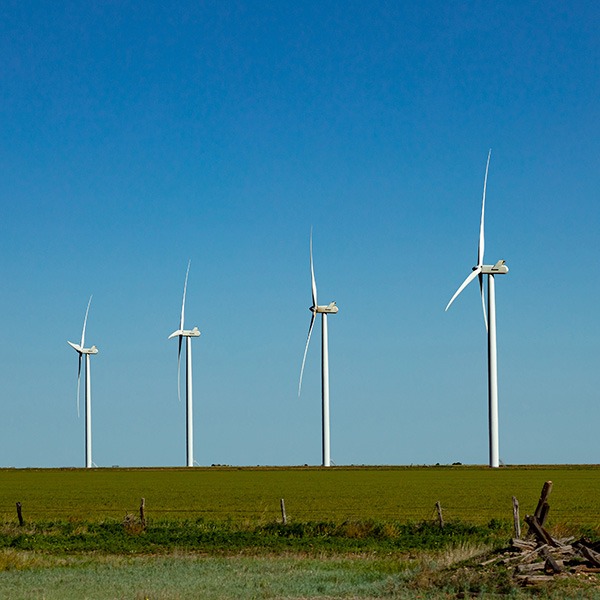
New activities can help guarantee and diversify future revenue from New Mexico state trust lands, complementing the successful Land Grant Permanent Fund. Read more
-

States tend to spend, rather than save, federal fossil fuel disbursements, potentially making them vulnerable to economic transitions. Read more
-
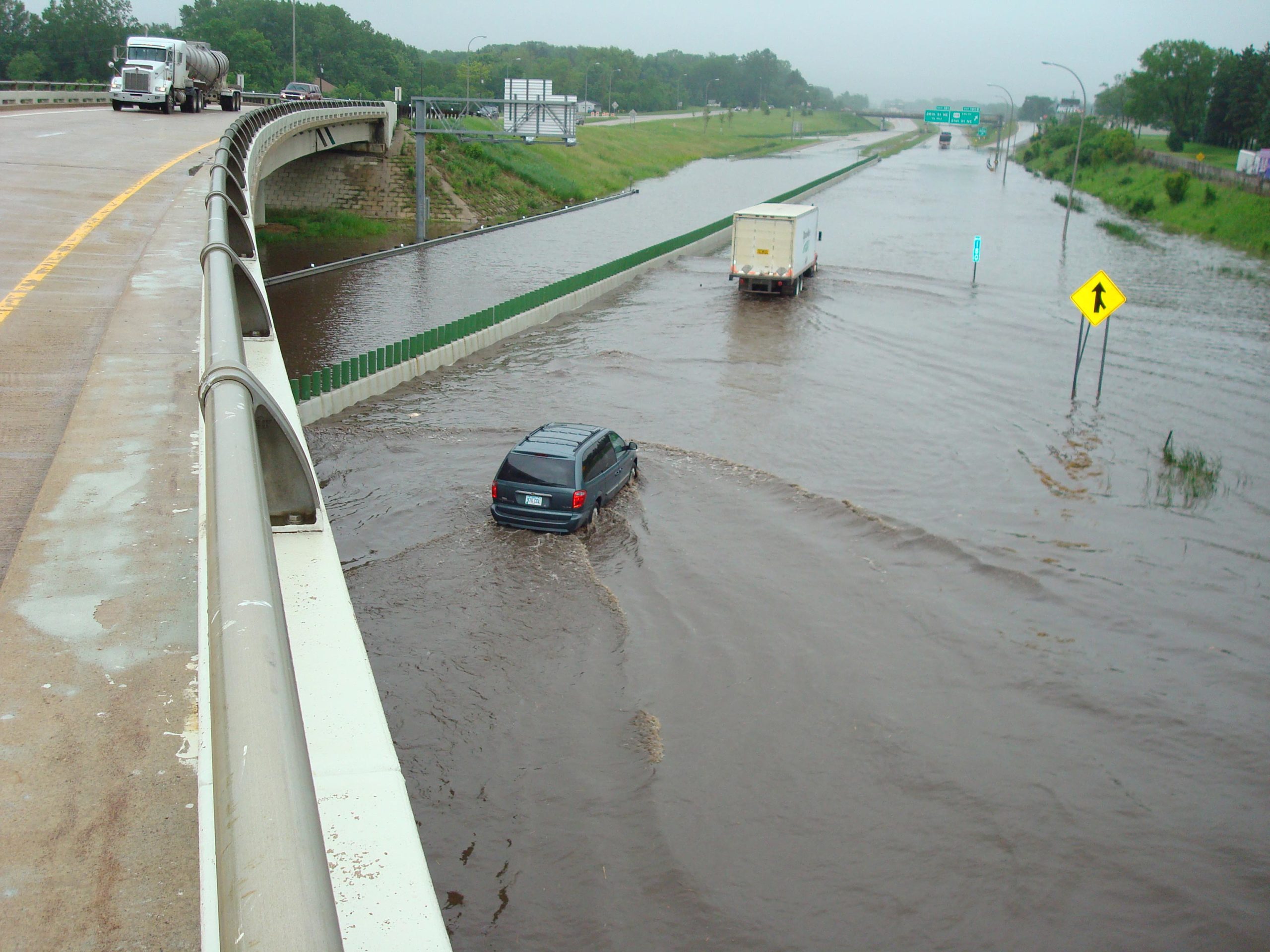
Climate change has the potential to destabilize general operating budgets and constrain access to lending markets. These presentations share promising solutions for “climate-proofing” budgets. Read more
-
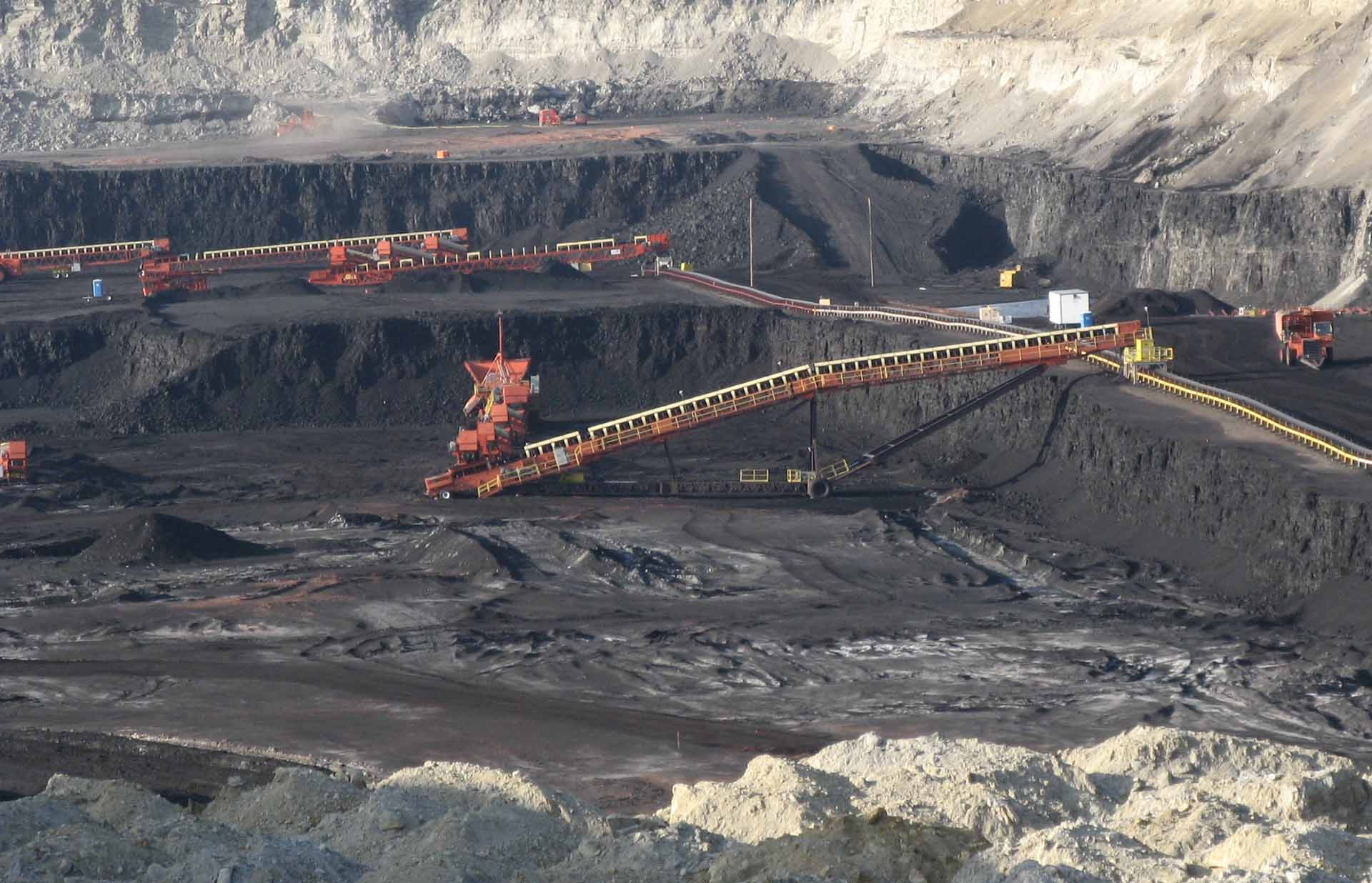
This panel discussion, with examples from Montana and New Mexico, examines how fiscal policies have failed rural communities. Read more
-
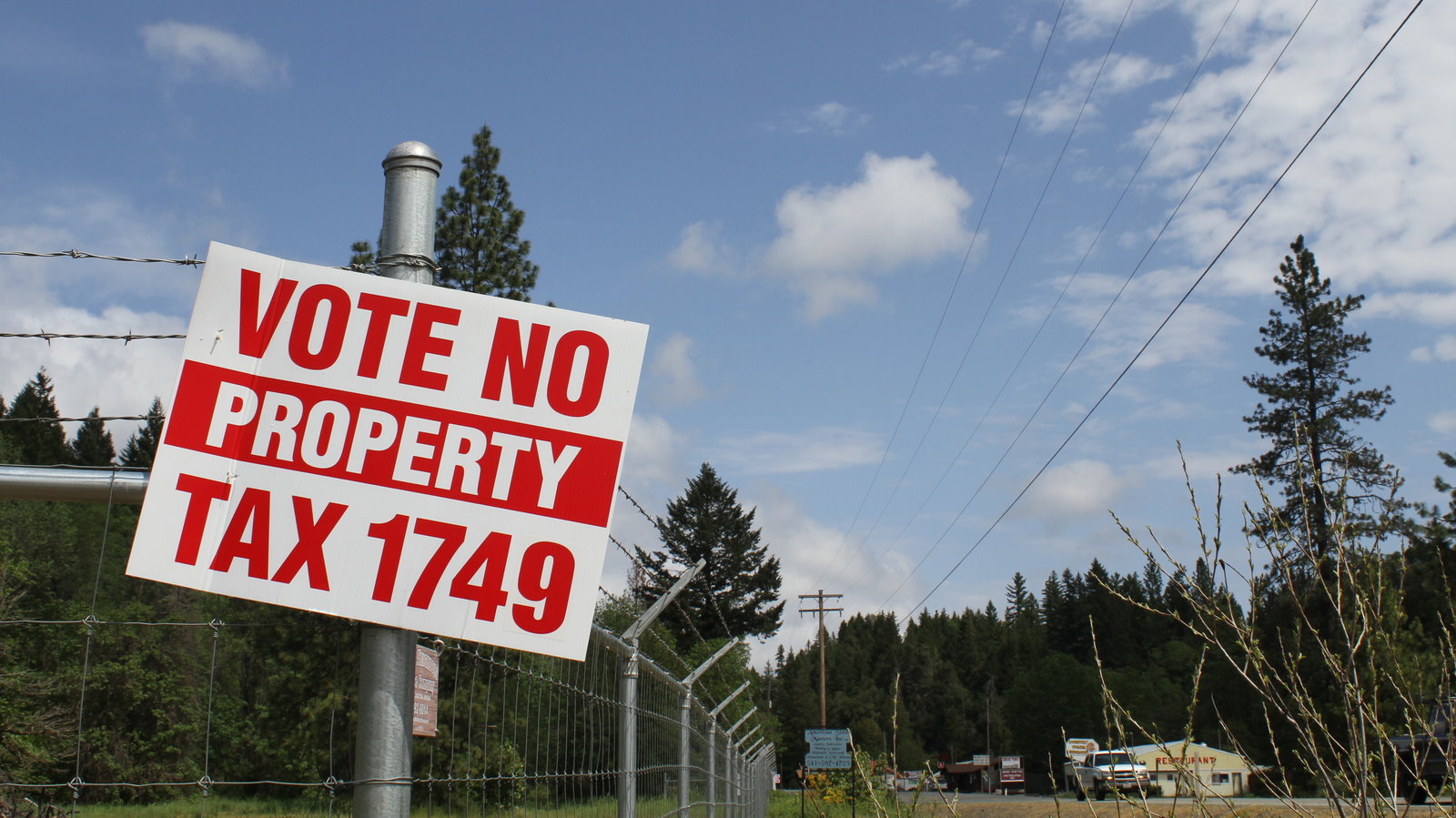
State and federal fiscal policies hurt rural communities by limiting how local governments can grow, diversify, and invest revenue. Read more
-

Where rural recreation counties rely on public funding for health care, fiscal solutions should diversify the ways local governments can save and spend. Read more
-
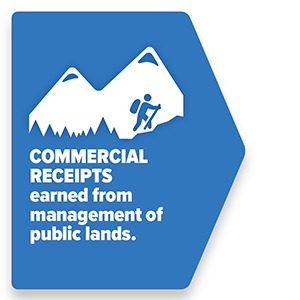
The bipartisan Forest Health for Rural Stability Act would establish a federal land endowment and resolve key challenges of federal land payments to counties. Read more
-

Analysis shows raising Payment in Lieu of Taxes (PILT) population limits for small-population counties would have increased total payments by $2 million in 2019. Read more
-

Reforming county payments by establishing a permanent Trust to fund Secure Rural Schools (SRS). Read more
-
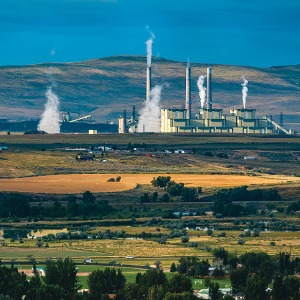
Coal fiscal policies vary widely across the West in terms of how revenue is generated, set aside in permanent savings, or spent by state and local governments. Read more
-
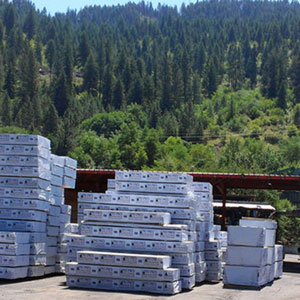
New analysis and interactive map show how the President’s budget proposal cuts county payments and the impact for every county in the nation. Read more
-

Unlike most countries and state governments, the U.S. has not created a natural resources trust which could help meet volatility and spending challenges facing local and county governments. Read more
-
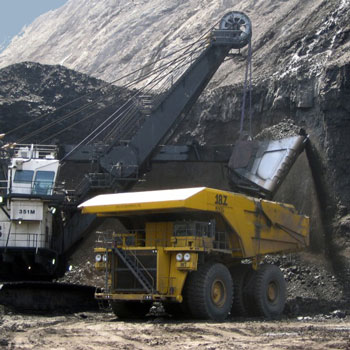
Explore the Socioeconomic Context of the Federal Coal Leasing Program Read more
-

County governments are compensated for the tax-exempt status of federal public lands within their boundaries. These payments often constitute a significant portion of county and school budgets, particularly in rural counties with extensive public land ownership. Read more
-

How national wildlife refuge payments–especially important to rural counties–could be reformed and funded. Read more
-
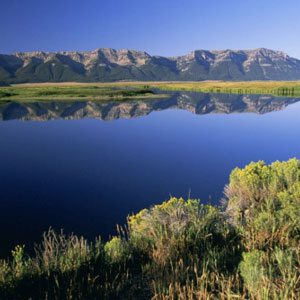
How county governments can benefit from reforming wildlife refuge payments. Read more
-
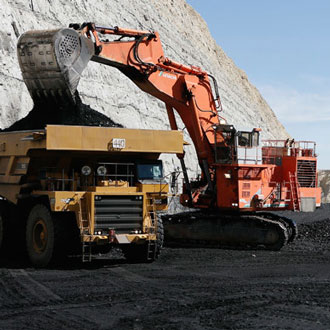
Analysis shows that proposed federal royalty reforms will increase the cost of delivering natural gas to domestic power plants by a greater amount than coal. Read more
-
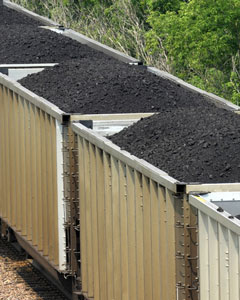
The proposed federal coal royalty reform rule could have substantial revenue benefits for federal and state governments, limited impact on coal production or prices on federal lands, and increased transparency. Read more
-
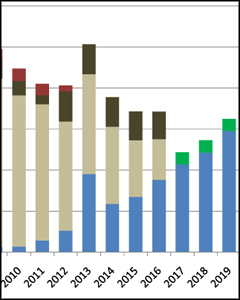
Reform ideas for future county payments from Headwaters Economics as well analysis of proposals made in the House, Senate, and by the President. Read more